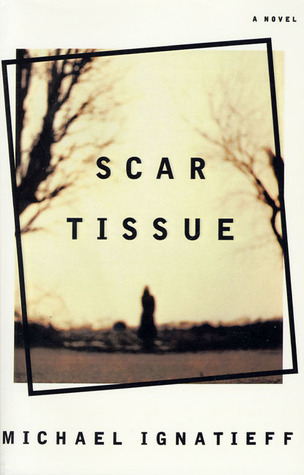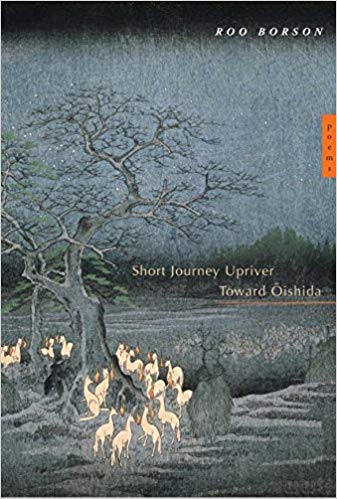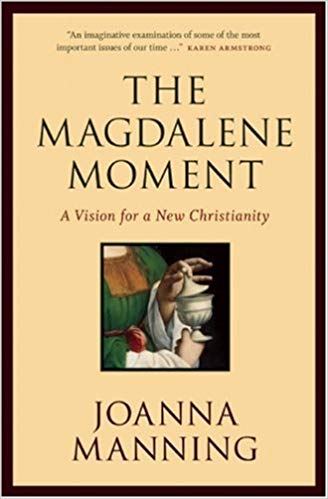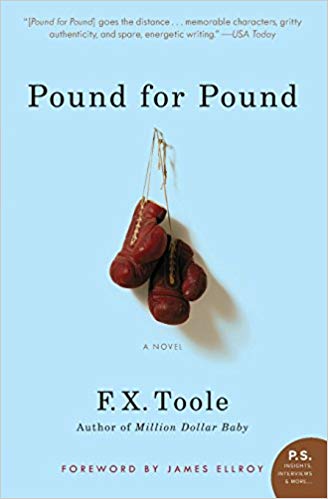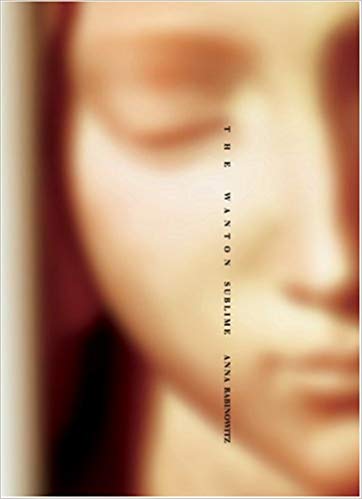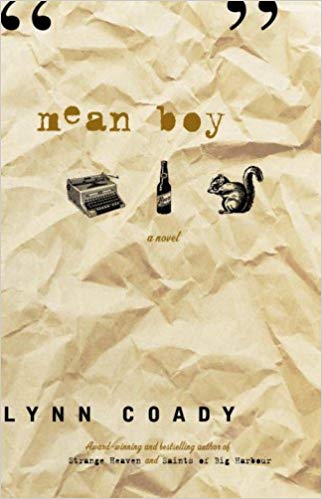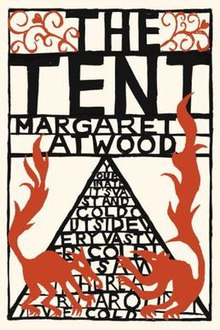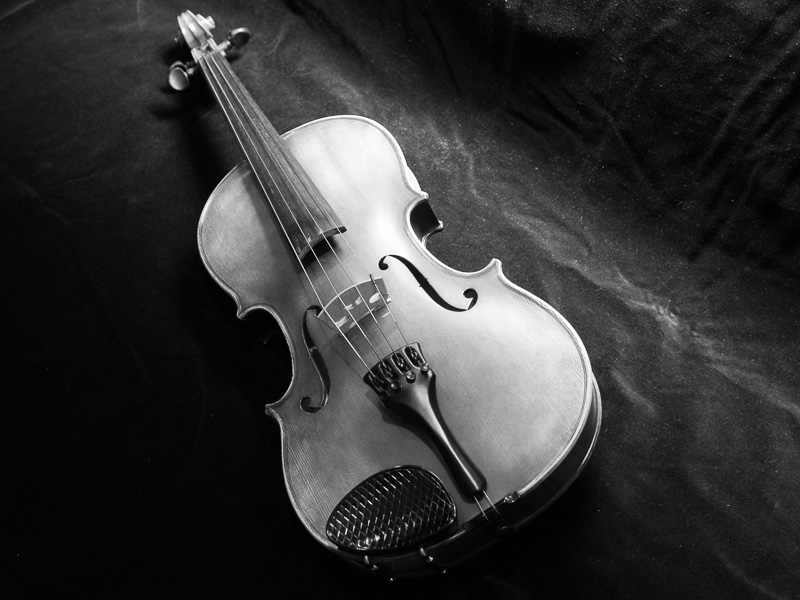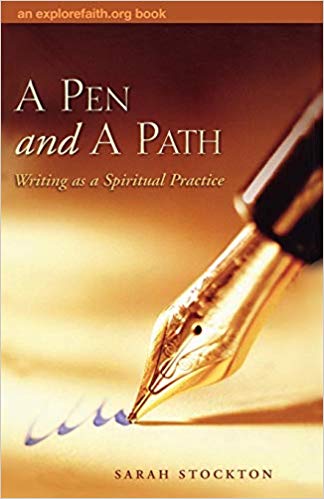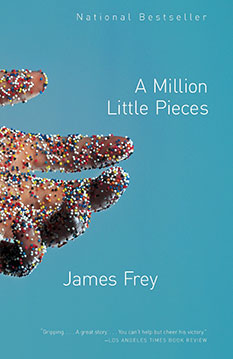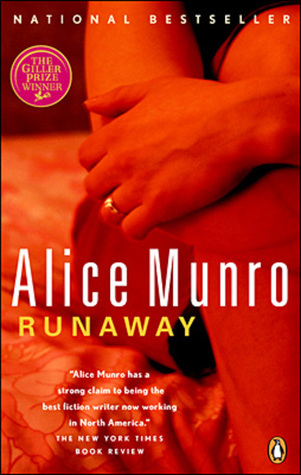With Canada’s federal liberal party leadership race coming to a close today, and a copy of the Booker–nominated novel, Scar Tissue, sitting unread on my book shelf, I decided to sit down yesterday and see for myself what I could learn about Michael Ignatieff.
Tag: Books
The Future of the Page
How does one read a book whose fundamental premise is its own demise? It feels a bit like visiting an elderly relation in the old folks home. The conversation is at times awkward, at other times nostalgic and entertaining. After all, when someone (or something) has been around for quite a number of years, it…
Short Journey Upriver Toward Oishida
Reviewing a collection of poems and short prose by Roo Borson is like reviewing a book of scripture. There is something in her voice that is spiritual, something that speaks, perhaps, beyond ordinary experience. And so a simple review is pointless, impossible even.
The Magdalene Moment, by Joanna Manning
In 1975, feminist theologian Sheila Collins noted that it was only five years earlier that women “began to take their own experience seriously as the basis for doing theology.” By her reckoning, half the human species has had roughly thirty–six years to play catch–up with the other half in this business of theological reflection – or at least the sort of reflection that emerges without compunction to adhere to male forms.
Written in the Flesh, by Edward Shorter
Although the title of Edward Shorter’s book suggests a discussion of erotic desire, in fact, Shorter offers a book about erotic desire of a particular sort – the desire to eroticize every last inch of our bodies. His project is to trace what he believes is the inexorable trajectory of human sexuality to embrace “total body sex,” to engage all our senses in a fuller exploration of opportunities for pleasure.
The Good Works of Ayela Linde, by Charlotte Forbes
An intelligent writer chooses her form wisely, then leverages it to yield meanings that would be impossible if she relied solely on words. Form is a container, like a bucket or a vase. Even before we inspect the contents, the container gives us clues, or at least raises expectations.
Pound for Pound, by F.X. Toole
F.X. Toole is best known as author of the short story which inspired the Oscar winning movie, Million Dollar Baby. He did not live to see the publication of his first novel, Pound For Pound, nor even to complete a polished draft. But given the subject matter – small-time boxers trying to make it to the pros – there would be something wrong with the novel if it didn’t read a little rough around the edges.
The Wanton Sublime, by Anna Rabinowitz
In her third volume of poetry, The Wanton Sublime, Anna Rabinowitz creates an extended meditation upon the Annunciation—the moment that starts everything in traditional Christian believing—the moment the angel Gabriel appears to a young Mary and tells her she’s going to be the mother of God.
Does bad religion produce bad writing?
Does bad religion produce bad writing? If we use Jill, by G.R. Spiecker, as a gauge, then the answer is yes. Jill is a tract of dubious Catholicism masquerading as dubious fiction. One can forgive an author his religion since, however it comes to him—whether by upbringing, cultish coercion, or even by grace—it lies beyond his control (at least in theory). But the sin of bad writing is unpardonable.
Mean Boy, by Lynn Coady
With her third novel, Mean Boy, Lynn Coady takes several risks which leave the reader wondering: is this just another solidly crafted book? or might it qualify as something more substantial?
The Tent, by Margaret Atwood
I despise Margaret Atwood. Living as I do in Toronto, such a statement may come off sounding like blasphemy. How can you say such a thing? ask the pious onlookers. It is precisely because I am from Toronto that I despise her.
Not All Violins, ed. Charlotte Caron
This is not so much a book review as it is a reflection which uses a book as its point of departure. Not All Violins is written by the Barb Wire Collective, a group of women who gave themselves this name as an affectionate nod to a mentor, Barbara Elliott…
Journaling
About 12 years ago, someone suggested that I keep a journal. Since then, and in widely different contexts, several others have made the same recommendation. At first, I didn’t know where to begin. A blank page can be daunting. Should I fill it—like a daytimer—with the trivial details of my day-to-day living? Or should I gush with the intimate cares of my heart?
What’s A Memoir Supposed To Remember
When I first heard that Oprah Windy was going to interview James Frey, author of the memoir, A Million Little Pieces, that she was angry and felt betrayed because Mr. Frey’s account appeared to deviate significantly from the truth, that she was going to haul him onto the carpet and call him to account in a million little living rooms across America—when I heard all this righteous indignation rising up from the south—I chalked it up to another instance of maudlin-sappy-slightly-self-indulgent-Oprah-strutting.
Runaway by Alice Munro
So there I was, two weeks ago, lounging by the side of a pool in Punta Cana, reading Runaway, Alice Munro’s latest collection of short stories, when a woman in a bikini stopped at the foot of my chair and said: “I’ve started reading that, too. Just finished the first story. So what’s with the goat? Did the husband really kill the goat?”
